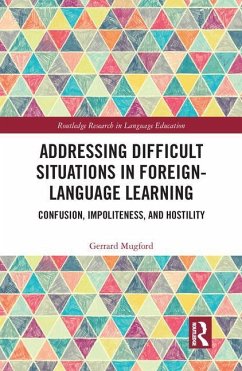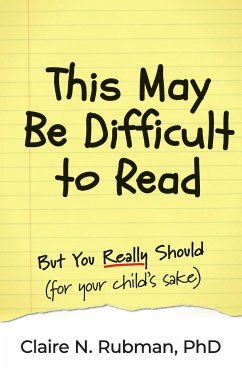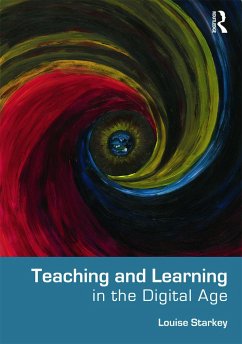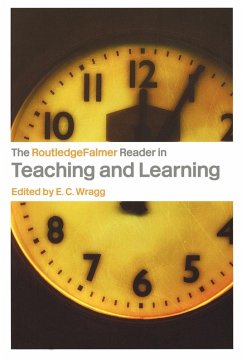
Teaching and Learning the Difficult Past
Comparative Perspectives
Herausgeber: Gross, Magdalena H.; Terra, Luke

PAYBACK Punkte
27 °P sammeln!
Building upon the theoretical foundations for the teaching and learning of difficult histories in social studies classrooms, this edited collection offers diverse perspectives on school practices, curriculum development, and experiences of teaching about traumatic events. Considering the relationship between memory, history, and education, this volume advances the discussion of classroom-based practices for teaching and learning difficult histories and investigates the role that history education plays in creating and sustaining national and collective identities.














